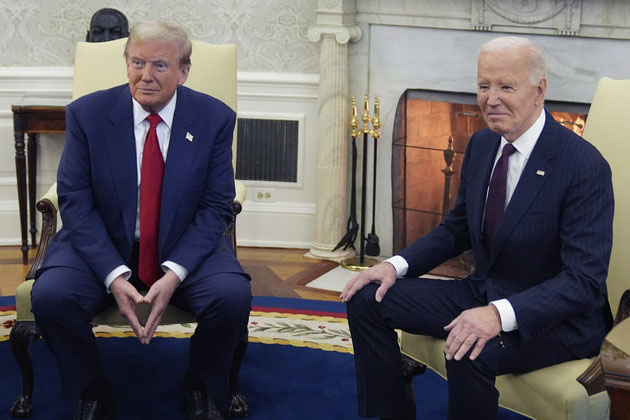Kansas is on the brink of a transformative economic era, thanks to the recent establishment of Finserv Inc.’s fintech hub in Overland Park, which promises to create 2,000 jobs and inject billions into our economy. This development underscores the importance of regulatory sandboxes, a concept that Governor Laura Kelly initially vetoed but was fortunately overridden by the Kansas legislature. House Bill 2291 was passed with bipartisan support, but Governor Kelly vetoed the measure, an action the legislature clearly took fault with.
Regulatory sandboxes provide a flexible environment for startups to test new products and services without being hindered by outdated regulations. This approach has proven successful in other states such as Arizona, Utah, Nevada, and Wyoming, fostering business growth and job creation. For instance, Arizona’s regulatory sandbox, administered by the Attorney General’s office, allows participants to avoid typical regulations for two years, with an option for a one-year extension.
This has enabled numerous fintech startups to innovate and scale rapidly, contributing significantly to the state’s economy. Similarly, Nevada’s regulatory sandbox has opened opportunities in various sectors, including insurance, gaming, transportation, and energy, ultimately benefiting consumers by bringing new products to market more quickly.
By embracing regulatory sandboxes, Kansas can now attract and nurture innovative businesses, such as Finserv Inc., which is set to significantly contribute to our economy and job market. The fintech sector, encompassing mobile banking, cryptocurrency, online lending, payment processing, and investment management, is rapidly evolving. Publicly traded companies like Visa, Mastercard, Intuit, PayPal, and Block are at the forefront of this revolution, integrating technology into financial services to make them more accessible, efficient, and user-friendly.
Although fintech did not originate from regulatory sandboxes, these sandboxes have significantly accelerated fintech innovation by providing a safe space for experimentation and reducing regulatory barriers. The establishment of Finserv Inc.’s hub in Overland Park is a testament to the potential of fintech to drive economic growth.
The hub is expected to inject $4 billion into the Kansas economy through payroll alone, with an overall impact estimated at $6.5 billion. This can boost local businesses, increase economic activity, and provide high-value jobs, helping retain graduates from Kansas colleges and universities.
While real tax relief policy should be broad-based and an impartial benefit to all sectors, the incentives provided to Finserv Inc. were certainly not. However, the arrival of Finserv Inc. highlights the importance of creating an environment conducive to industry growth. It’s vital to note that financial incentives are the wrong way to think about bringing business to Kansas.
By focusing on regulatory sandboxes and other innovation-friendly policies, Kansas can attract even more businesses in the future, ensuring sustained economic development and a competitive edge in the rapidly evolving fintech sector.
As we look to the future, it is imperative that Kansas continues to support regulatory sandboxes and other initiatives that promote innovation and economic development. By doing so, we can attract and nurture businesses that will drive our economy forward and enhance the quality of life for all Kansans.
Now with regulatory sandboxes enacted, it’s just the beginning of bringing innovation and being open for business in the Sunflower State.

Tanner Tempel – Americans For Prosperity Kansas
Tanner Tempel is Deputy State Director of Americans for Prosperity Kansas.




